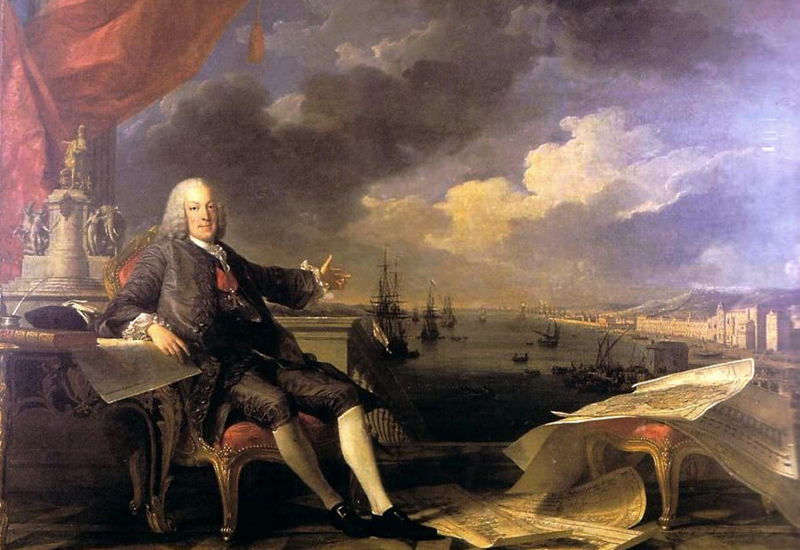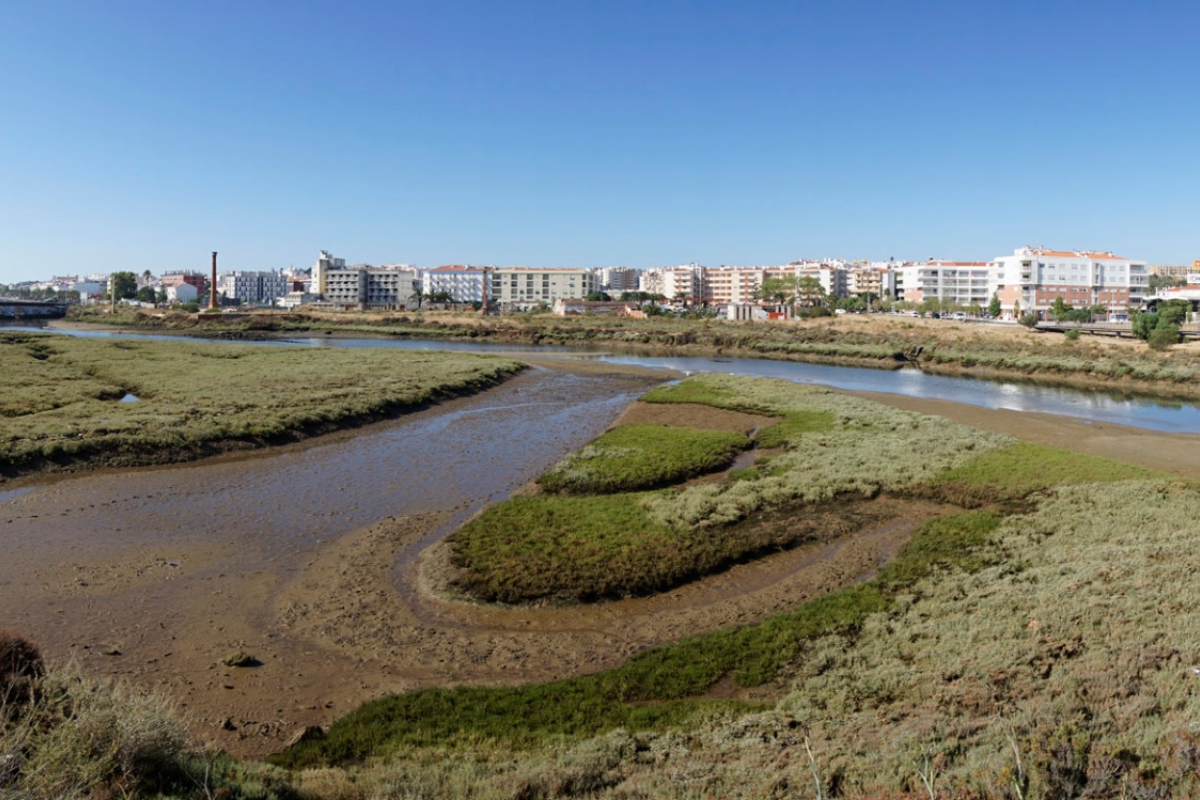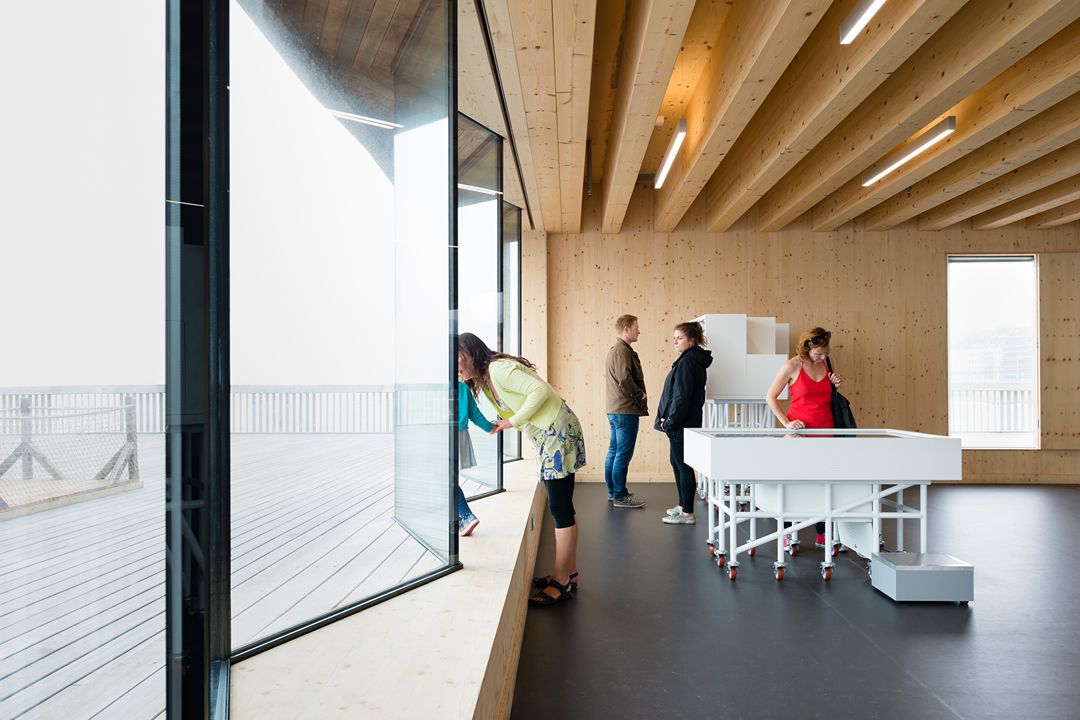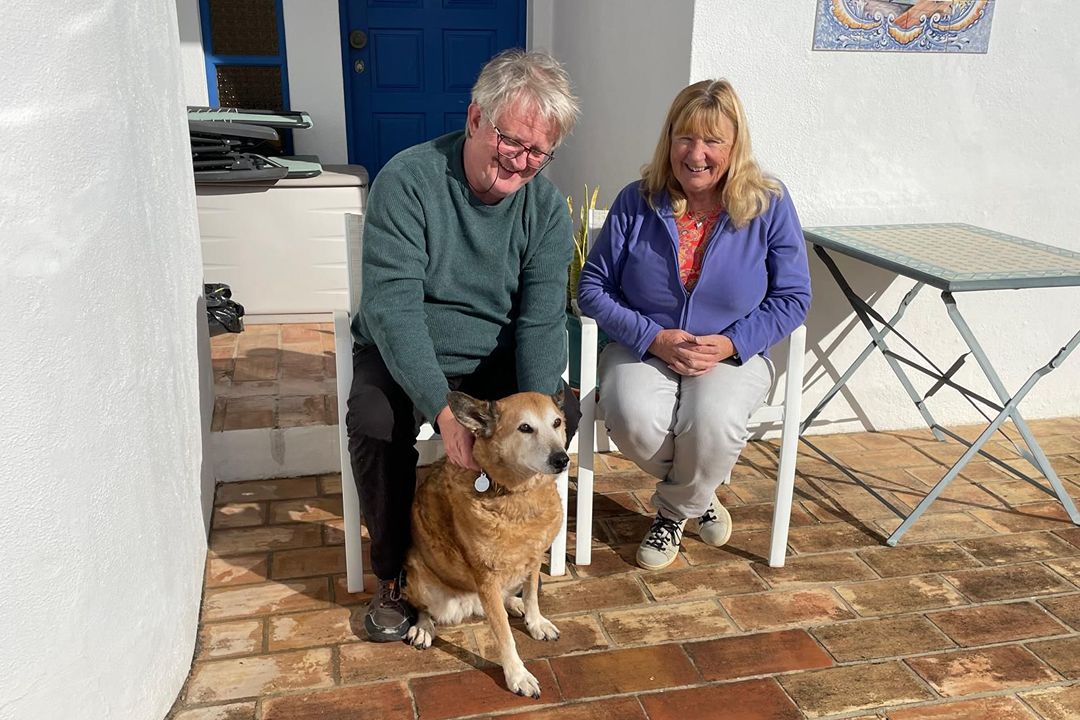At 9.45 a.m. on 1 November 1755, a massive earthquake flattened Lisbon, destroying 90% of its buildings and costing tens of thousands of lives. King Jose I, who had lost his palace, fled the city, hid in a tent, and handed over responsibility for dealing with the aftermath to a young minister in his government. The age of Pombal had begun.
Sebastião José de Carvalho e Melo, Marquis of Pombal, was born in 1699 into a minor noble family. Through strategic marriage, he worked his way into the royal court and was Portugal’s ambassador to London 1739–43 and then to Austria 1745–49. There, he married his second wife, who was a close friend of the Portuguese queen. Pombal was soon called back to Lisbon to be appointed as foreign minister.
During his time abroad, Pombal became aware of how backward Portugal had become, and he concluded that it needed extensive reform and modernisation along Enlightenment lines. To achieve this goal, power would have to shift away from a tightly closed aristocracy and a potent church towards a reformed centralised, secular state. That was Pombal’s radical vision but he lacked the power to implement it. Until the earth shook.
Pombal dealt with the aftermath with extraordinary speed and determination. Corpses were thrown into the river to prevent disease, and looters were executed on the spot. He brought in a collection of Europe’s top architects and engineers to help him devise a plan for a completely new city. Lisbon would be a centre of commerce instead of a monument to royal folly. By 1758, extensive reconstruction was underway.
Astonished by Pombal’s achievements, King José made him prime minister and handed over almost all government power to him, leaving himself free to emerge from his tent only for hunting, game and his mistresses!
Pombal wasted no time in realising his ambition for Portugal and himself. Immediately he began isolating the aristocrats from any meaningful political power, taking over control himself. When, in 1758, there was an assassination attempt on King José, Pombal had the powerful aristocratic Tavora family arrested. He appointed hand-picked judges who duly found them all guilty of treason. Pombal had them brutally killed in full public view. Other aristocratic families swiftly moved into exile.
Next in his sights were the Jesuits. Pombal crossed swords with them immediately, arresting a leading cleric who had argued that the earthquake was God’s wrath. Pombal handed him over to the Inquisition, who duly dispatched him. Mass deportation of the Jesuits began in 1759. With aristocratic power broken and the church subdued, Pombal set about his sweeping reforms.
To revitalise the economy, he set up five large monopoly companies under state control. Notable amongst them was the Upper Douro Wine Company, the first with a law confining the port label to a demarcated zone – which included an outlying vineyard owned by Pombal himself! He set up a board of trade, which used state aid to establish over 200 new manufacturing companies. To organise state finances, he set up a new treasury.
To reform education – decimated by the expulsion of the Jesuits – he set up a department of education, and ordered a drive to recruit new teachers for new primary and secondary schools, all following a new, secular curriculum. He also modernised Portugal’s only university at Coimbra.
As the modernised state was being created in accordance with Pombal’s political views, the new Lisbon was emerging in accordance with his architectural preferences. The new city was built around the classical grid pattern, and the emphasis on modernity and trade was underlined by renaming the central square by the port Praça de Comércio. However, understanding the importance of flattering one’s patron, Pombal had an equestrian statue of José I placed at its centre – a grandiose representation of a king who, in reality, was still cowering under canvas and who certainly never donned armour.
It took Pombal only a few years after the earthquake to become an autocrat. He reshaped Portugal in accordance with modern ideas he had acquired as a young ambassador, and he had unassailable power for over two decades.
There was one thing, however, he could not organise – the succession of King José. After his death in 1777, he was succeeded by his daughter, Queen Maria I. Maria loathed Pombal and he was immediately dismissed and told never to set foot in court again. The aged Pombal retreated to his estate and began drafting self-justifying memoirs. With the political coast now clear, the exiled aristocrats drifted back, and the court started to resemble the one Pombal had decisively eradicated over the previous decades.
Although Pombal’s Lisbon still stands, little of his political work endured. A weakened state with an unreformed army and navy proved unable to hold on to Brazil – the keystone of the empire – and equally unable to resist Napoleon without costly English help.
A century and a half would pass before a university professor would become Portugal’s next autocrat.
James Plaskitt is a retired politician who was a member of the British parliament from 1997 until 2010. He now lives in the Algarve.
Next month: Dr António Salazar
Main image: Portrait of Sebastião José de Carvalho e Melo, 1st Marquess of Pombal by Louis-Michel van Loo, Public domain, via Wikimedia Commons












